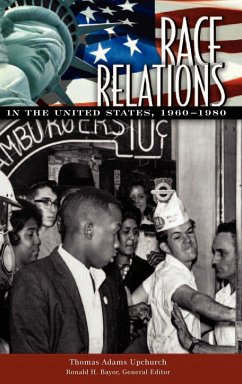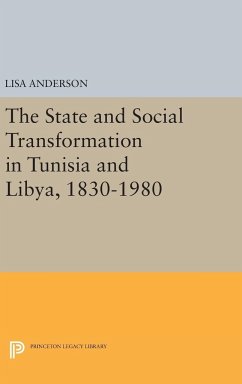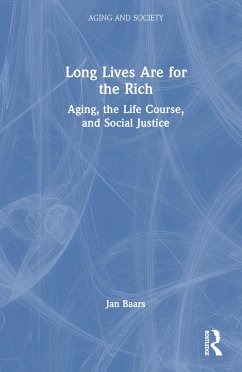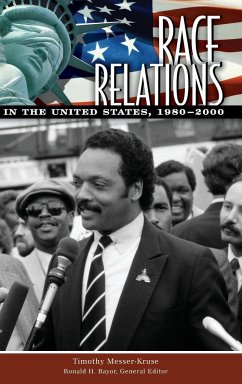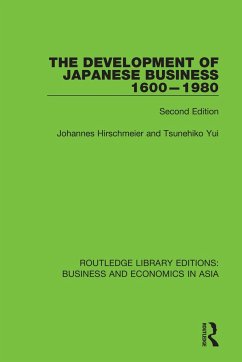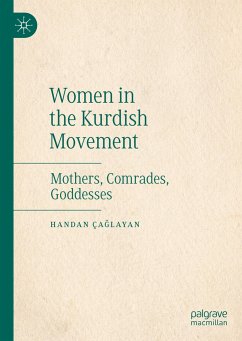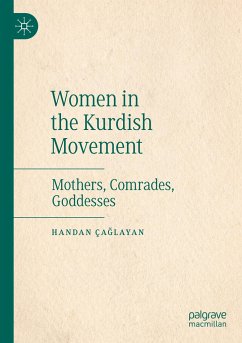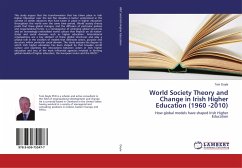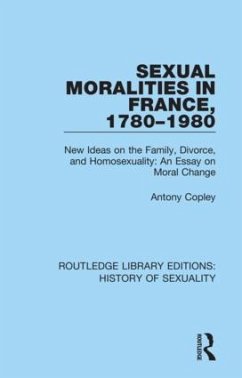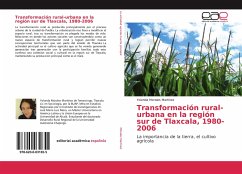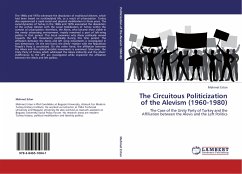
The Circuitous Politicization of the Alevism (1960-1980)
The Case of the Unity Party of Turkey and the Affiliation between the Alevis and the Left Politics
Versandkostenfrei!
Versandfertig in 6-10 Tagen
39,99 €
inkl. MwSt.

PAYBACK Punkte
20 °P sammeln!
The 1960s and 1970s witnessed the dissolution of traditional Alevism, which had been based on rural/isolated life, as a result of urbanization. Turkey also experienced a rapid social and physical mobilization in these years. The social dynamics of Turkey in the 1960s and 1970s associated the dissolution of the archaic Alevism with the social mobilization of Turkey within the context of urbanization; therefore, the Alevis, who became more visible in the newly urbanizing environment, mainly remained a part of left-wing politics in that period. This book examines why Alevis politically moved towa...
The 1960s and 1970s witnessed the dissolution of traditional Alevism, which had been based on rural/isolated life, as a result of urbanization. Turkey also experienced a rapid social and physical mobilization in these years. The social dynamics of Turkey in the 1960s and 1970s associated the dissolution of the archaic Alevism with the social mobilization of Turkey within the context of urbanization; therefore, the Alevis, who became more visible in the newly urbanizing environment, mainly remained a part of left-wing politics in that period. This book examines why Alevis politically moved towards the left movements politically during this time period. The affiliation between the Alevis and left wing movements is investigated in two dimensions. On the one hand, the Alevis relation with the Republican People s Party is scrutinized. On the other hand, the affiliation between the Alevis and the radical socialist movements is examined. Moreover, the Unity Party of Turkey which addressed the Alevis indirectly and the Alevis indifference to the UPT are investigated while inspected the affiliation between the Alevis and left politics.



